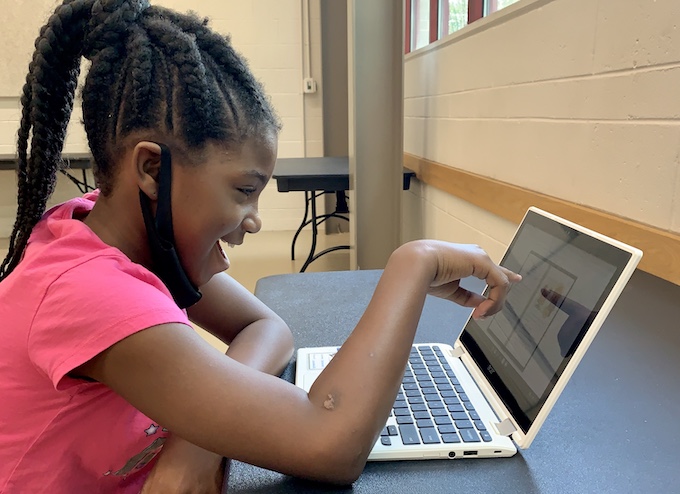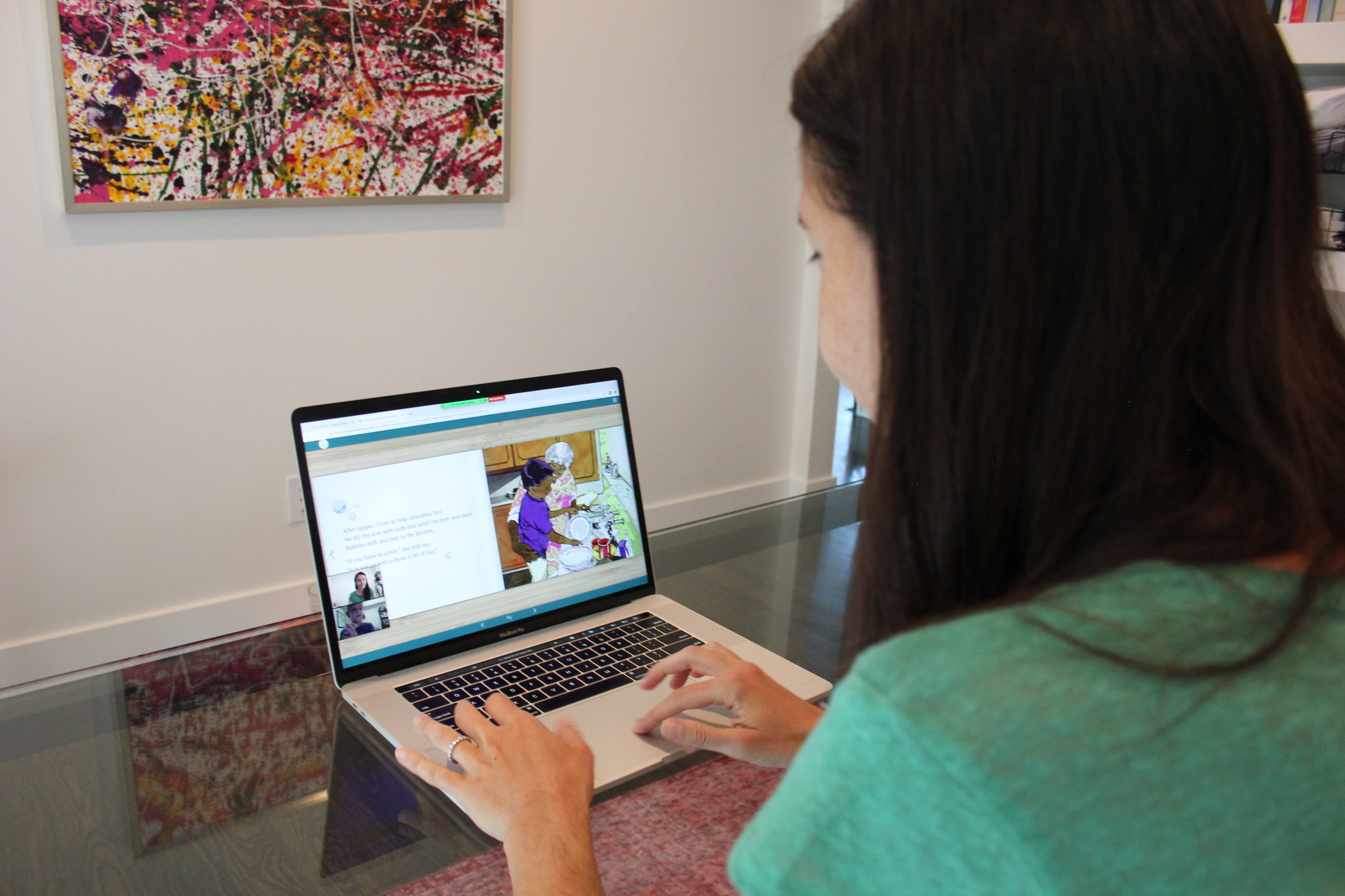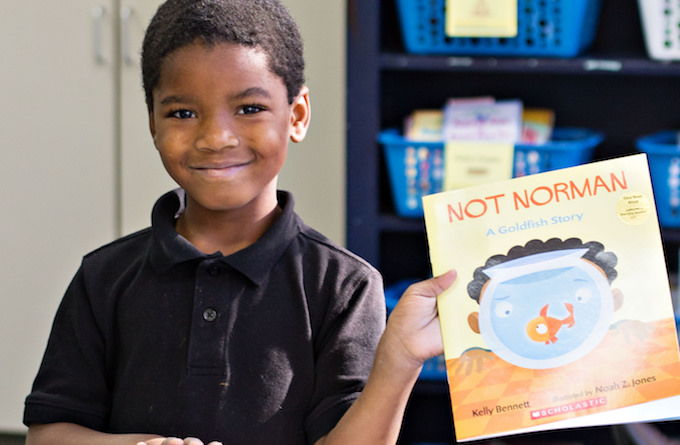January 13, 2021
How to cultivate a growth mindset

What, exactly, is a growth mindset?
This is a question we hear often at Reading Partners.
Due to the impacts of COVID-19, volunteer tutors with Reading Partners adapted to conduct tutoring sessions online via Reading Partners Connects for the first time. As part of tutor training sessions, volunteers learn the fundamentals of tutoring, how tutors can help their students progress through the program, and the importance of social-emotional learning (SEL) for children, including having a growth mindset.
As we all adapt to the life changes prompted by COVID-19, I wanted to take a deeper dive into the “growth mindset” way of thinking. I wanted to know more about what it is – and what it isn’t – and to find tools and resources that our community can use to cultivate a growth mindset in both themselves and in their students.
Defining a growth mindset
The term growth mindset became widely used in 2007 with the publication of Mindset: The New Psychology of Success by Stanford University psychologist Carol S. Dweck, Ph.D. In an article in Harvard Business Review entitled “What Having a Growth Mindset Actually Means,” Dweck writes that “individuals who believe their talents can be developed [through hard work, good strategies, and input from others] have a growth mindset.” On the other hand, those who believe their talents are innate gifts and cannot change and grow have a fixed mindset. She writes that those who have a growth mindset often achieve more because they are not so focused on appearing like they know it all. Instead, they spend their energy on learning.
Dweck also explains that a growth mindset is different from having a positive outlook or being open-minded. While these qualities are definitely important, especially for volunteers, a growth mindset is not a disposition, but rather a constantly evolving concept that is often a result of our experiences. She is also clear that a growth mindset is not the result of praising effort; it is the result of emphasizing progress and seeing challenges not as an end, but instead an opportunity to learn and keep trying. A growth mindset is about success in the short term and the long term. It means that when we see a roadblock, we don’t turn around – we find out how to get around it.

Cultivating a growth mindset
At Reading Partners, we seek to cultivate a growth mindset within ourselves and within our students. Cultivating this within ourselves means meeting inevitable challenges with courage, and roadblocks as a chance to learn something new. For example, if we are having trouble getting our students to pay attention during a virtual tutoring session, instead of ending the session frustrated, we might try out different engagement strategies such as taking a stretch break, or having a short conversation about why we all get distracted sometimes. We can also apply a growth mindset to mistakes, framing them as part of the learning process, and explaining that each and every one of us makes them.
Cultivating a growth mindset within our students can mean steering them away from the fixed mindset idea that they cannot read. The truth is, no one can read without being taught, and learning how to read is tricky. In EducationWeek, Dweck writes that “students’ mindsets—how they perceive their abilities—[plays] a key role in their motivation and achievement.” She found that if you can change a student’s mindset, you can boost their achievement. So, what does this look like in our work with students?
We can help our students understand that they can read, they just need to practice! Activities like timed reading and reviewing the skills taught in a lesson are great times to celebrate students daily, weekly, and monthly progress and show them that through practice, they are growing. Reading Partners Connects also has a specific lesson dedicated to growth mindset, which allows students and their tutors to spend time talking about what it means to have one, and how they might practice developing it over the course of the school year.

What can you do now?
Like many skills, maintaining a growth mindset takes practice. Transforming Education provides a great Growth Mindset Toolkit you can use to learn more about the subject. The toolkit also provides some great ways to weave it into weekly or bi-weekly sessions with students.
You can also read the linked articles in Harvard Business Review, EducationWeek, or check out Carol Dweck’s book. Maria Popova of Brain Pickings also wrote an article on fixed versus growth mindsets where she emphasizes the importance of learning and the research that backs Dweck’s work.
If you are already a Reading Partners volunteer, you can always reach out to your local team to learn more about SEL and supporting your student. If empowering young readers to have a growth mindset inspires you, consider volunteering with or donating to your local Reading Partners location.












